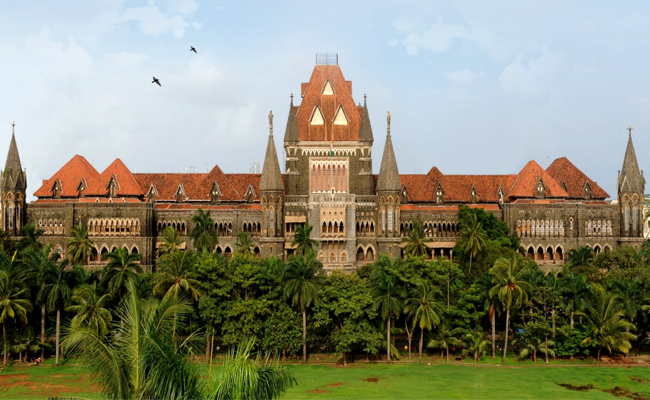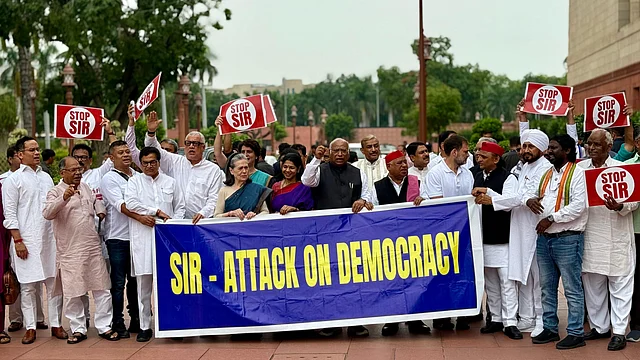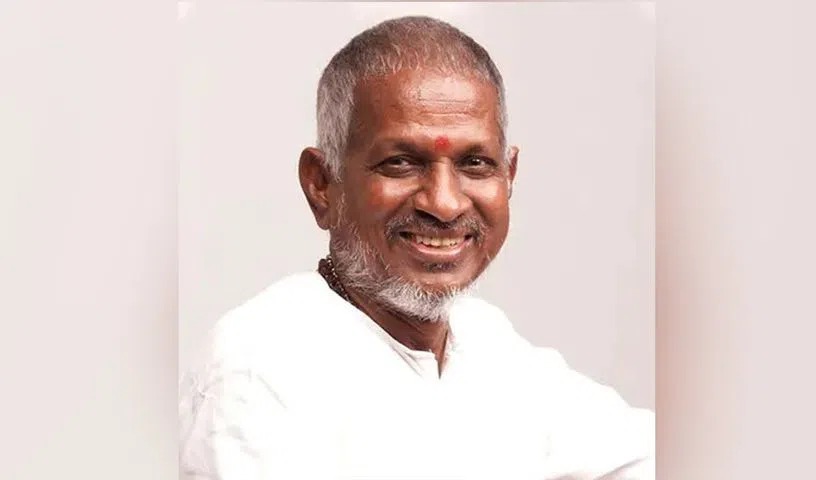Mumbai (PTI): The Bombay High Court on Monday quashed the conviction of 12 persons in the 2006 Mumbai train blasts case and acquitted them, noting the prosecution has "utterly failed" to prove the case against them.
The judgment comes 19 years after the terror attack that shook the city's Western Railway network, resulting in the loss of over 180 lives and leaving several others injured.
A special bench of Justices Anil Kilor and Shyam Chandak said the evidence relied by the prosecution was not conclusive to convict the accused persons.
"The prosecution has utterly failed to prove the case against the accused. It is hard to believe that the accused committed the crime. Hence their conviction is quashed and set aside," the HC said.
The bench said it refuses to confirm the death penalty imposed on five of the convicts and also the life imprisonment on the remaining seven, and acquitted them.
The court said the accused shall be released from jail forthwith if not wanted in any other case.
A special court in 2015 convicted the 12 persons in the case, of whom five were sentenced to death and the remaining seven were given life imprisonment.
After the HC's judgment was pronounced on Monday, the convicts, who were produced before the court via video conference from various jails across the state, thanked their lawyers.
On July 11, 2006, seven blasts ripped through Mumbai local trains at various locations on the western line, killing more than 180 persons and injuring several others.
Let the Truth be known. If you read VB and like VB, please be a VB Supporter and Help us deliver the Truth to one and all.
Bengaluru: As online shopping surges, particularly during festive seasons, cybercriminals are preying on unsuspecting customers with fake e-commerce websites that closely mimic legitimate platforms.
These fraudulent platforms lure users with flashy deals and deep discounts, aiming to steal money and sensitive personal information, as reported by The New Indian Express on Monday.
“Two main types of scams are currently being reported: one involves fraudsters creating counterfeit versions of popular brand websites, while the other features entirely new but fake e-commerce platforms—both heavily promoted on social media and messaging apps to attract buyers,” TNIE quoted a senior officer from a CEN (Cybercrime, Economic Offences and Narcotics) police station in Bengaluru as saying.
The officer added that in most cases, customers are tricked into paying in advance but never receive the products, as fraudsters either collect the money without delivering goods or steal users’ data through malicious links.
He warned that such fake sites often contain subtle spelling errors in brand names that typically go unnoticed, and added that clicking unknown links or trusting deals that seem too good to be true significantly increases the risk. “Always verify the URL, look out for misspellings in the domain, and double-check offers through official brand websites,” he said.
A senior officer from the North division further revealed that some companies have filed police complaints after receiving disputes over orders they never processed. “Victims who lose small amounts, between Rs 1,000 and Rs 2,000, often don’t report it, which allows these scams to continue unchecked,” TNIE quoted him as saying.
Authorities are advising online shoppers to stay vigilant and report any suspicious websites to help curb further fraudulent activity.





